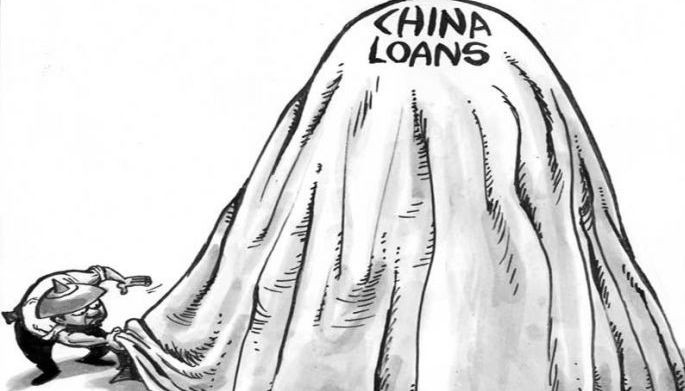With President Duterte’s pivot to China, several big-ticket infrastructure projects have been awarded to Chinese companies. These include bridges and the new water reservoirs for Metro Manila to be built in Quezon province.
Because of corruption scandals in the recent past involving China-funded deals, the Duterte administration has had to defend its award of vital infrastructure projects to the Chinese. It hasn’t helped that the administration is perceived to be remiss in asserting the country’s sovereign rights in the West Philippine Sea, as officially recognized by the UN-backed Permanent Court of Arbitration in The Hague.
Despite the maritime dispute, the country has always had friendly ties with China. The ties go back centuries, and millions of Filipinos have Chinese ancestors. China has become a major trading partner for many countries, and it makes sense for the Philippines to strengthen ties with the world’s second largest economy.
The ties, however, will flourish best with public trust and support. Chinese officials have promised to abide by international rules and the laws of other countries where they do business or provide loans and development aid. The Philippine government must do its part by ensuring that everyone, Filipino or foreigner alike, will abide by the rules and laws for doing business in this country, and that those who disregard the laws and regulations will be held accountable.
Because of previous controversies involving projects such as the ZTE broadband network deal and Northrail, there is lingering public distrust of projects awarded to the Chinese as well as loans and official development assistance from Beijing. The government must allay the concerns by ensuring full transparency in its dealings with China.


